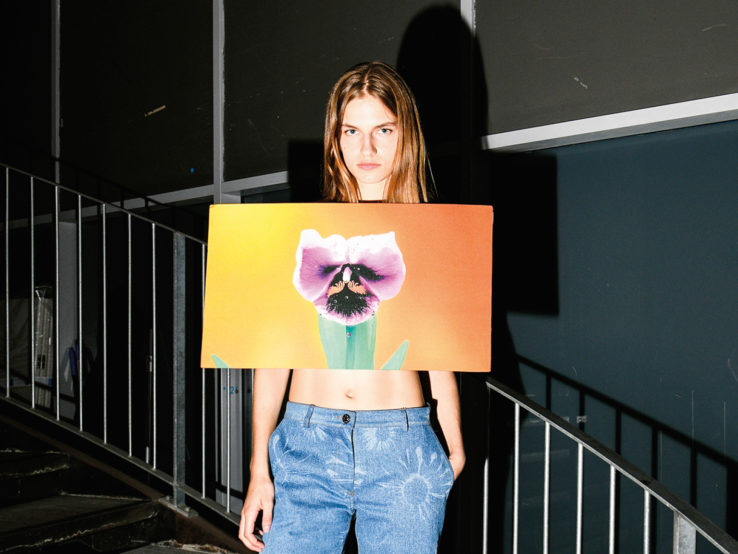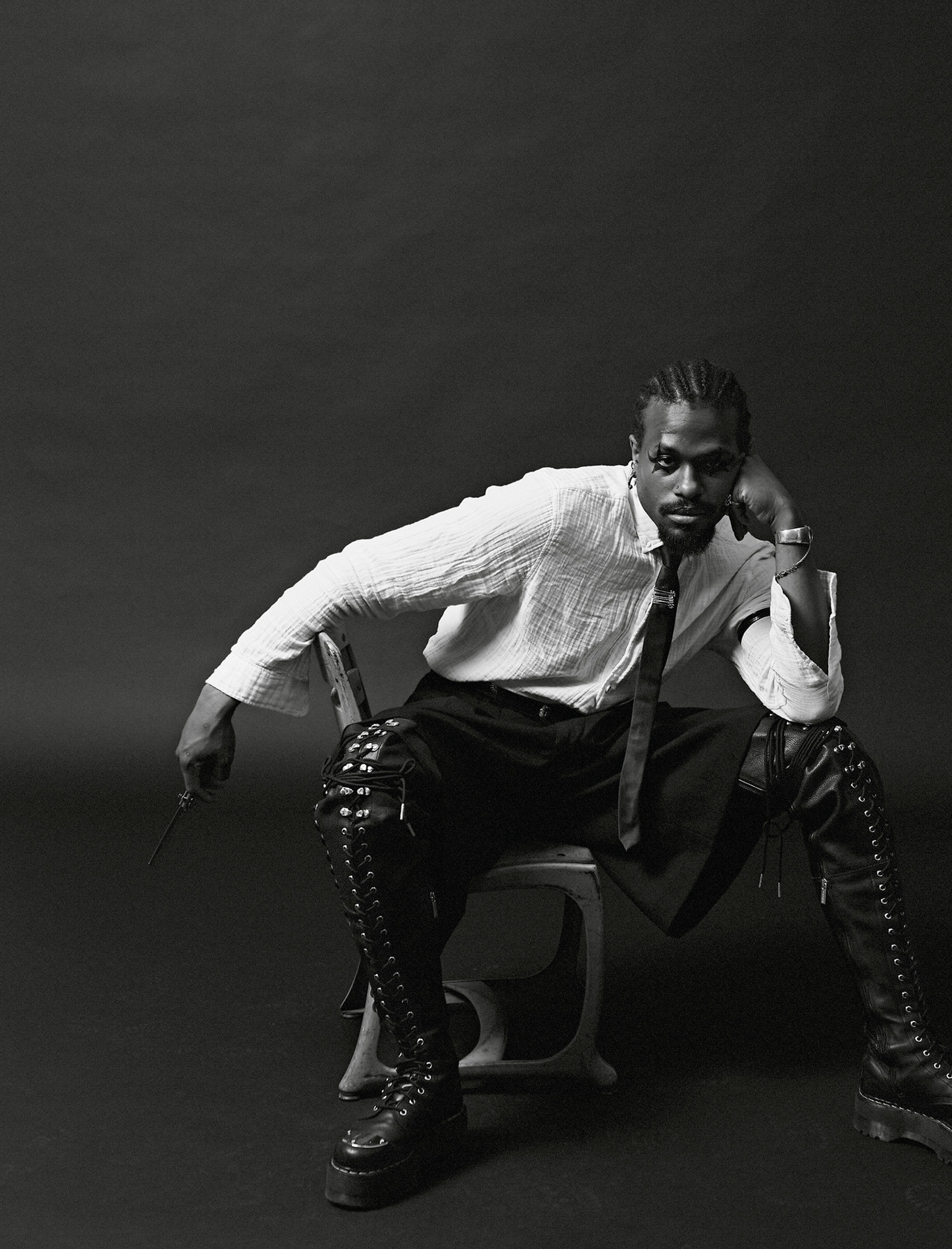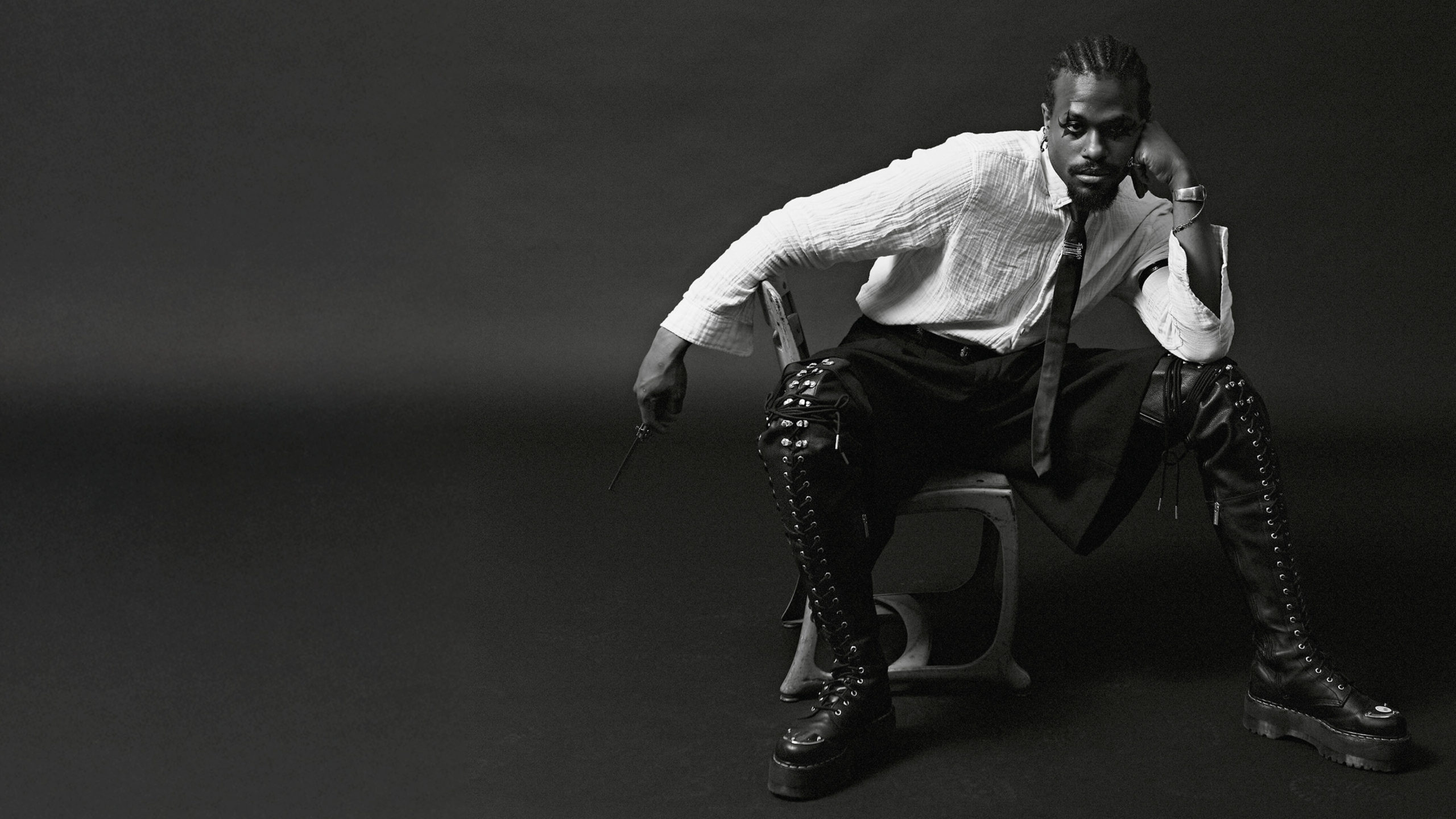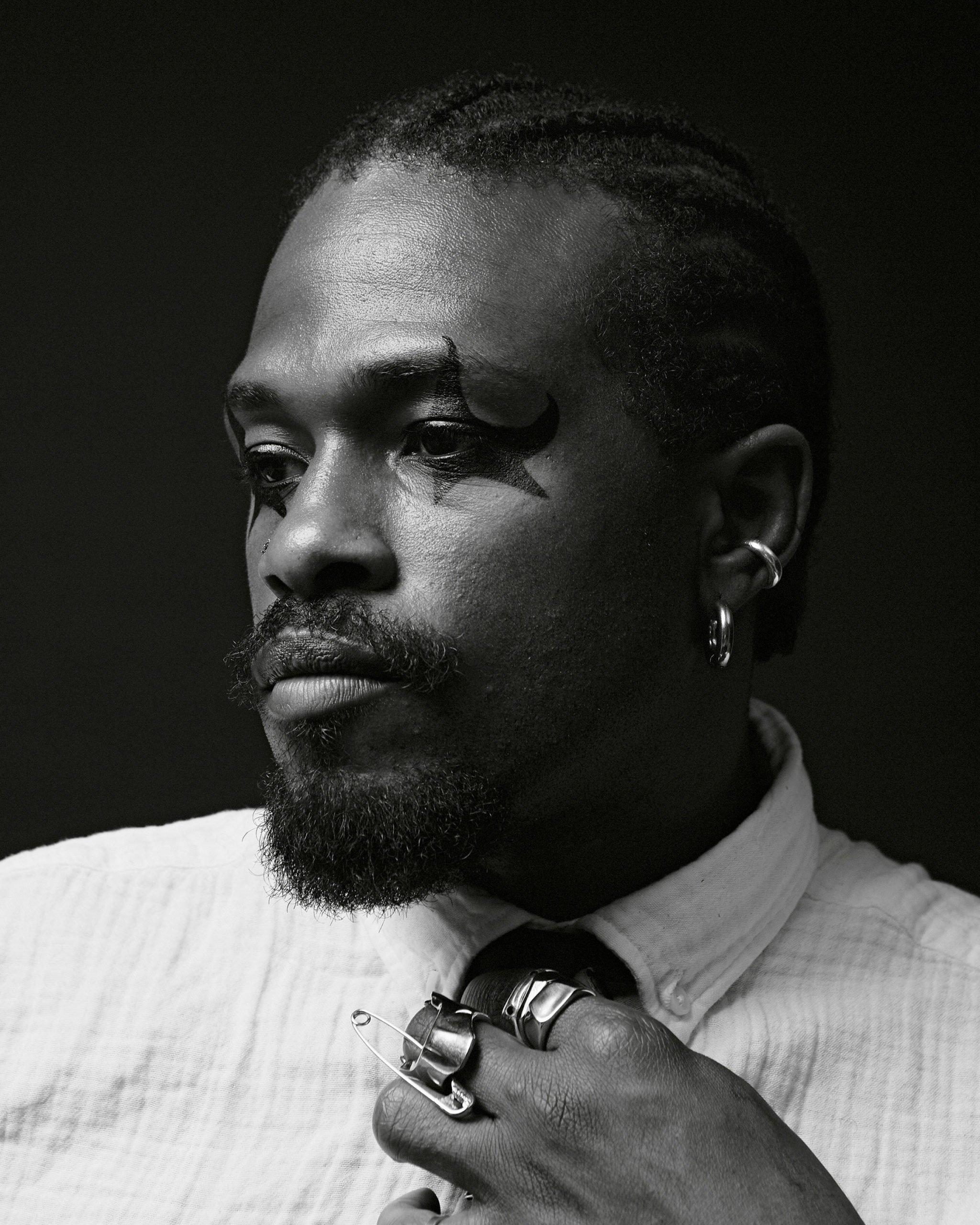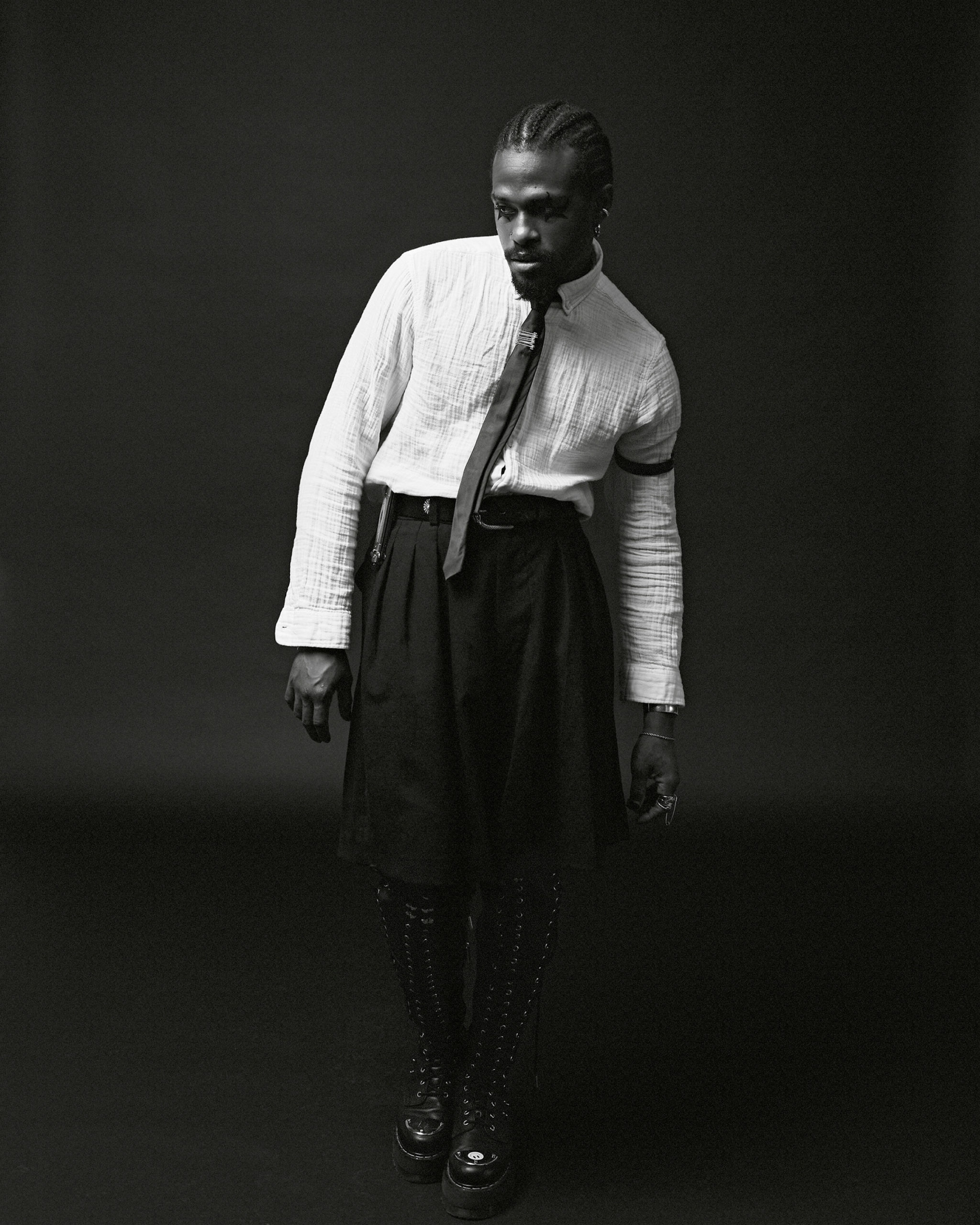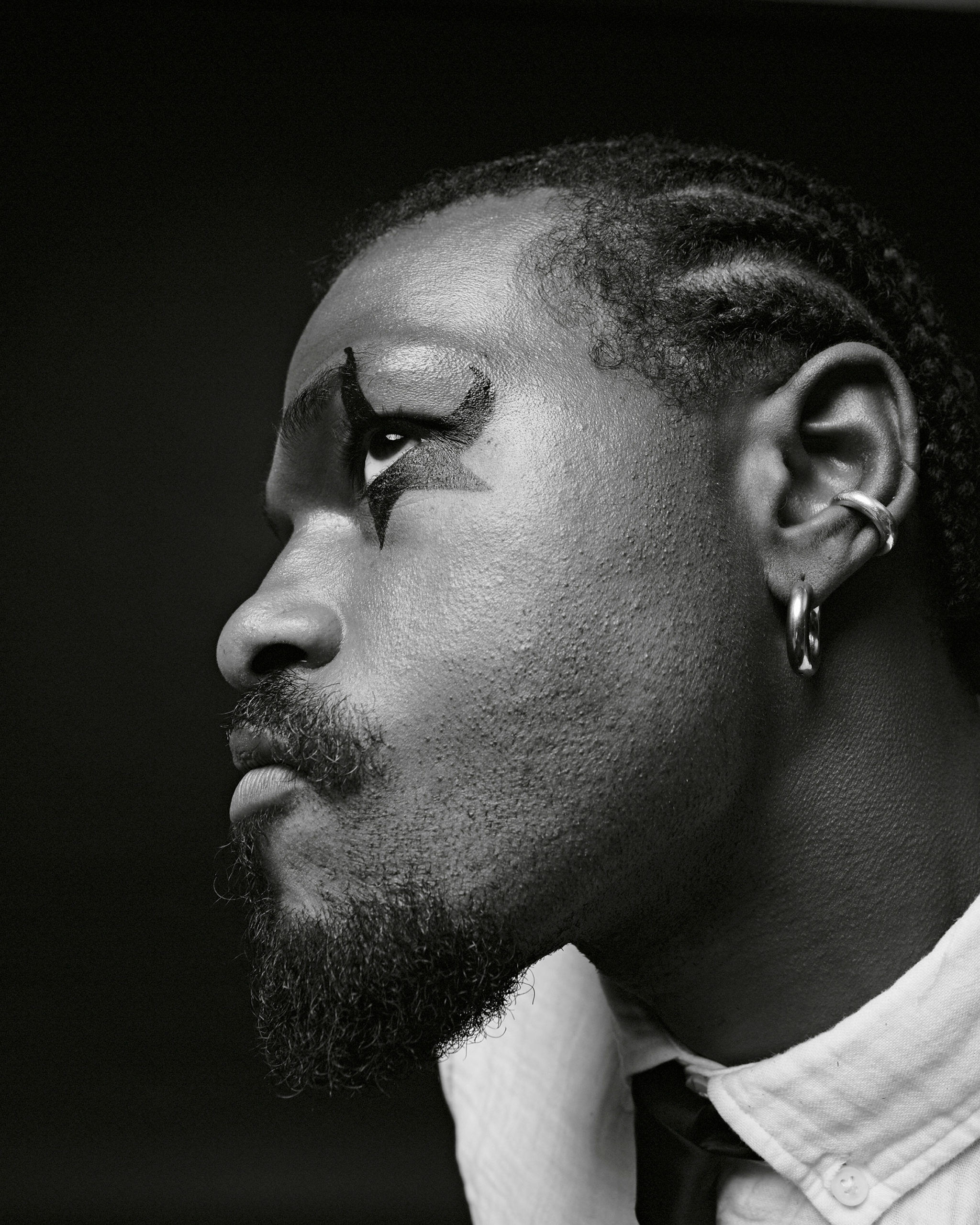Streaming numbers don’t lie: rap is the new rock. For a few years now, hip-hop has been overtaking the saturated sound of guitars. And yet, the common thread running through Duckwrth’s new, third album is rock. For the artist, who worked with the likes of Childish Gambino, Syd, Shaboozey and Billie Eillish, it’s a way to reclaim the sound he’s been a fan of since his teens, a genre that African-Americans have a complicated relationship to. Duckwrth, whose real name is Jared Leonardo Lee, loves complicated stories, like that of his family. “My father was a musician, a pianist. He listened to a lot of gospel music, Bob Marley, Miles Davis… We no longer talk, but I keep hearing that I owe my gift for music to him (laughs).” On his upcoming album, soberly titled All American F*ckboy (out April 2nd), the 35-year-old rapper makes amends for his toxic behaviour with women. He attributes these break-ups to the lack of a father figure in his childhood. So what if we started from there?
MIXTE. You’re originally from South Central. When people talk about this area of Los Angeles, it’s usually to mention it’s one of the most violent places in the United States. What was it like growing up there?
DUCKWRTH. It was… interesting to say the least! Not exactly the postcard people have in mind when they think of Los Angeles, that’s for sure. But even the uncool stuff I experienced there made me a better human being. It’s a predominantly Black and Mexican neighborhood. A lot of big families, a lot of culture… That neighborhood gave me a story that still inspires me to this day. But it’s true that in the 1990s, there was a lot of gang violence and drive-by shootings. You’d walk down the street and get mugged, and if you fought back, you’d get your face bashed in. Or worse. Early on, I had to learn how to survive in this environment. Now, when someone tries to pressure me, in a business meeting for example, I’m not impressed (laughs). I know a motherfucker when I see one.
M. You enjoy blending different musical styles together: rock, rap, electro, RnB… Has purity in music become a dirty word?
D. I don’t know about that. At the moment, I’m hearing a lot of groups producing very East-Coast-sounding rap, a direct influence of the renaissance period of hip-hop, and we love them for it. That said, I think it’s getting harder and harder to fit artists into these boxes. It’s hard to put a label on myself! I’m too much! I guess we’ll have to invent new categories for guys like me (laughs). On a more serious note, I know that musical genres are important for playlists, streaming platforms or the Grammy Awards… But maybe it’s time to change all that? For example, the backbone of my new album is hard rock. On some songs, there’s guitar and a lot of analog sounds… but it’s still hip hop!
